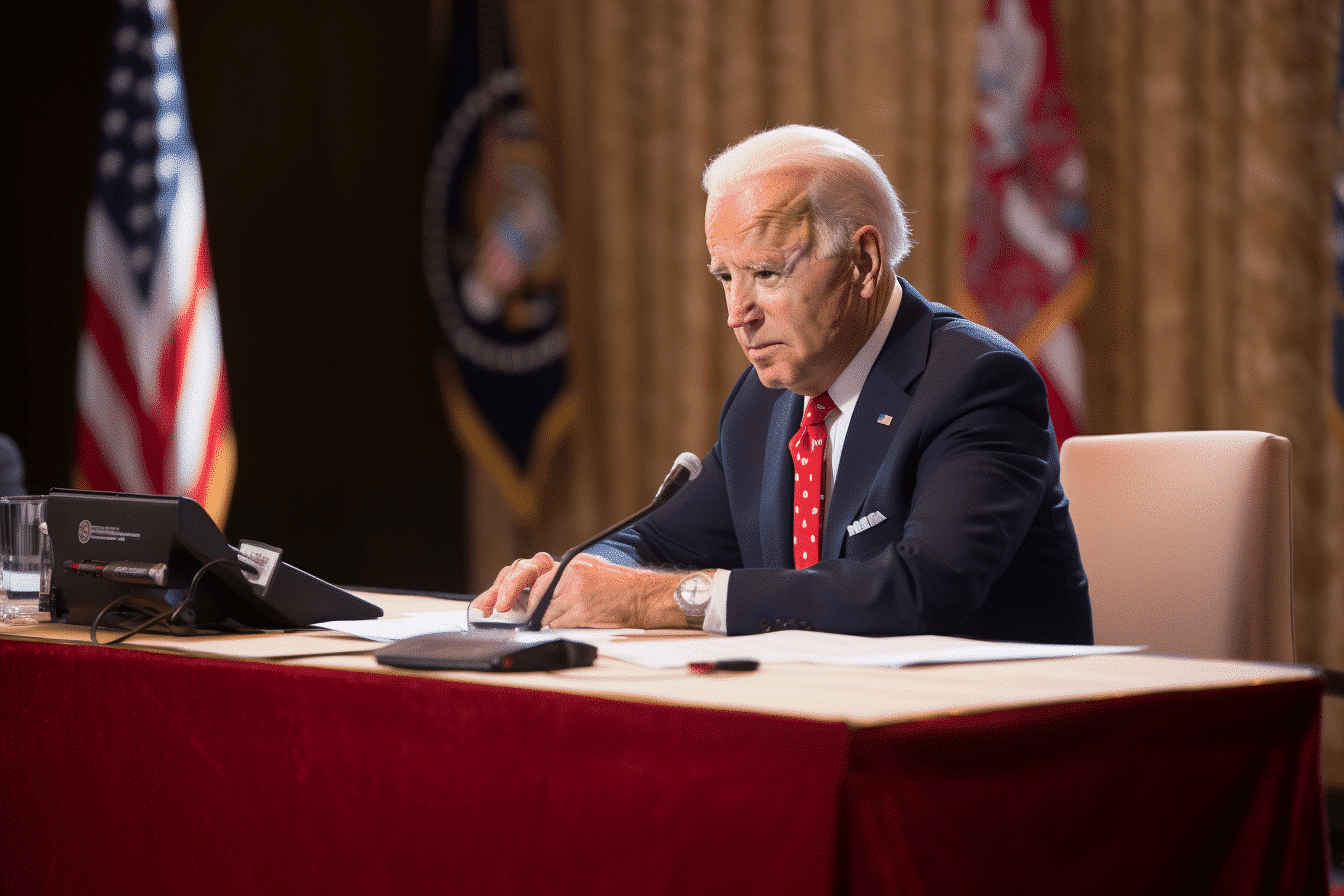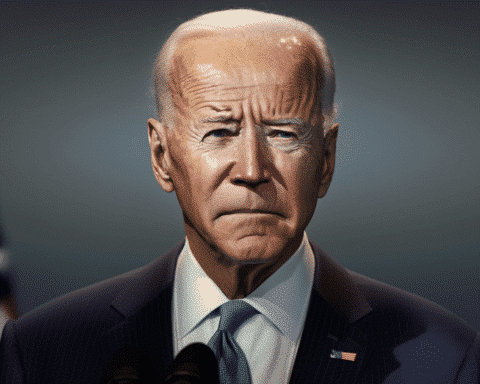President Joe Biden introduced new measures to cut healthcare expenses, including targeting fraudulent insurance schemes, implementing new rules to prevent unexpected medical bills, and launching a strategy to mitigate credit card-linked medical debt.
Biden’s address will expand on previous strategies to curb healthcare expenditures. The Department of Health and Human Services has just released new estimates. Due to the president’s decision to cap out-of-pocket spending under last year’s Inflation Reduction Act, about 18.7 million seniors and other Medicare beneficiaries will save approximately $400 annually on prescription medications by 2025.
As the issue of inflation continues to dominate voters’ concerns in the run-up to his 2024 reelection bid, the Democratic president is emphasizing his family-friendly financial policies. This includes numerous government incentives encouraging private-sector advancements in electric vehicles, clean energy, and advanced computer chip technology.
However, Biden’s policies have been subject to criticism from Republican lawmakers, who argue that these measures have resulted in higher prices that negatively impact family finances.
The Biden administration intends to regulate what it dubs as “junk” insurance policies, such as short-term transitional plans that can deny essential coverage to individuals shifting between employers who still require temporary health care.
Neera Tanden, the White House Domestic Policy Council’s director, underscored the predicament of a Montana man billed $43,000 for health care because his insurer claimed his cancer was a pre-existing condition.
Tanden stated, “That’s not real insurance — that’s junk insurance,” in a phone call with reporters previewing Biden’s comments. “We will propose a rule to crack down on these plans.”
The president also revealed new medical billing instructions under the 2020 No Surprises Act. This guidance would restrict insurance companies contracting with hospitals from asserting that the provided care was out-of-network, forcing customers to pay additional costs. Furthermore, health plans must disclose increasingly common facility fees, which can come as an unexpected medical bill cost.
Tanden criticized these practices, stating, “Frankly, what they are doing is gaming the system — this is not allowed.”
The Consumer Financial Protection Bureau and Treasury Department also gather information on third-party credit cards and loans designed for health care payments. These high costs and interest charges can deter individuals needing treatment from seeking help.
The president is also expected to underscore earlier efforts to lower healthcare costs, including a plan permitting Medicare to negotiate reduced prices for prescription drugs and setting a $35 monthly cap on insulin for Medicare Part B enrollees.
As health care costs continue to rise, Biden’s latest initiatives are essential to protecting American families from financial burdens. By targeting exploitative insurance plans, unexpected medical bills, and high prescription drug costs, the administration hopes to provide much-needed relief and foster a more sustainable and accessible healthcare system. Only time will tell how successful these strategies will be and their impact on millions of Americans’ health and financial well-being.




